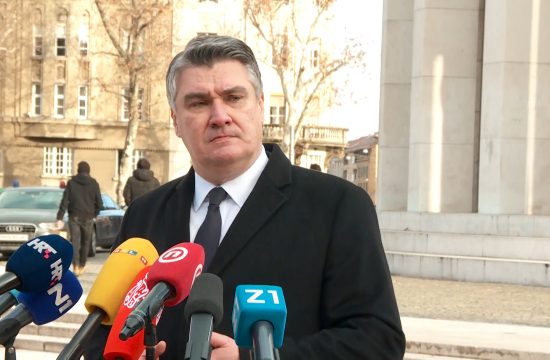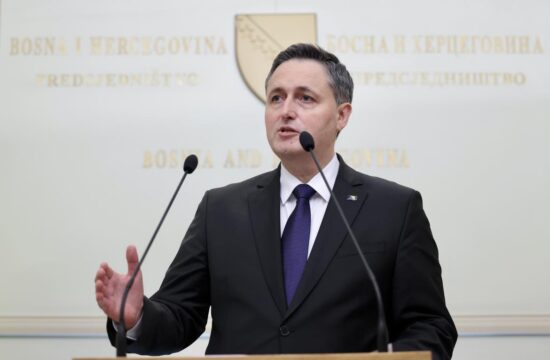
UN Secretary-General Antonio Guterres warned on Tuesday that the world is facing a "generational catastrophe" because of school closures amid the coronavirus pandemic and "getting students back into schools and learning institutions as safely as possible must be a top priority" once local transmission of Covid-19 is under control.
“The Covid-19 pandemic has led to the largest disruption of education ever,” Guterres said in a video message as he launched the “Save our Future” campaign with education partners and United Nations agencies.
“Despite the delivery of lessons by television, radio and online, and the best efforts of teachers and parents, many students remain out of reach,” he said.
In mid-July, schools were closed in more than 160 countries, affecting more than 1 billion students, he said. At least 40 million students worldwide have missed out on education in their critical pre-school year.
Learners with disabilities, those in minority or disadvantaged communities, displaced and refugee students, and those in remote areas are at highest risk of being left behind, he said.
“And even for those who can access distance learning, success depends on their living conditions,” Guterres said. “Parents, especially women, have been forced to assume heavy care burdens in the home.”
“We already faced a learning crisis before the pandemic,” he said. “Now we face a generational catastrophe that could waste untold human potential, undermine decades of progress, and exacerbate entrenched inequalities.”
More than 250 million school-age children were out of school before the start of the pandemic and only a quarter of secondary school children in developing countries were leaving school with basic skills, he said. The knock-on effects on child nutrition, child marriage and gender equality, among others, are also “deeply concerning.”
The campaign calls for action in four key areas, including reopening schools, prioritizing education in financing decisions, targeting the hardest to reach and focusing on creative and innovative ways of teaching.




